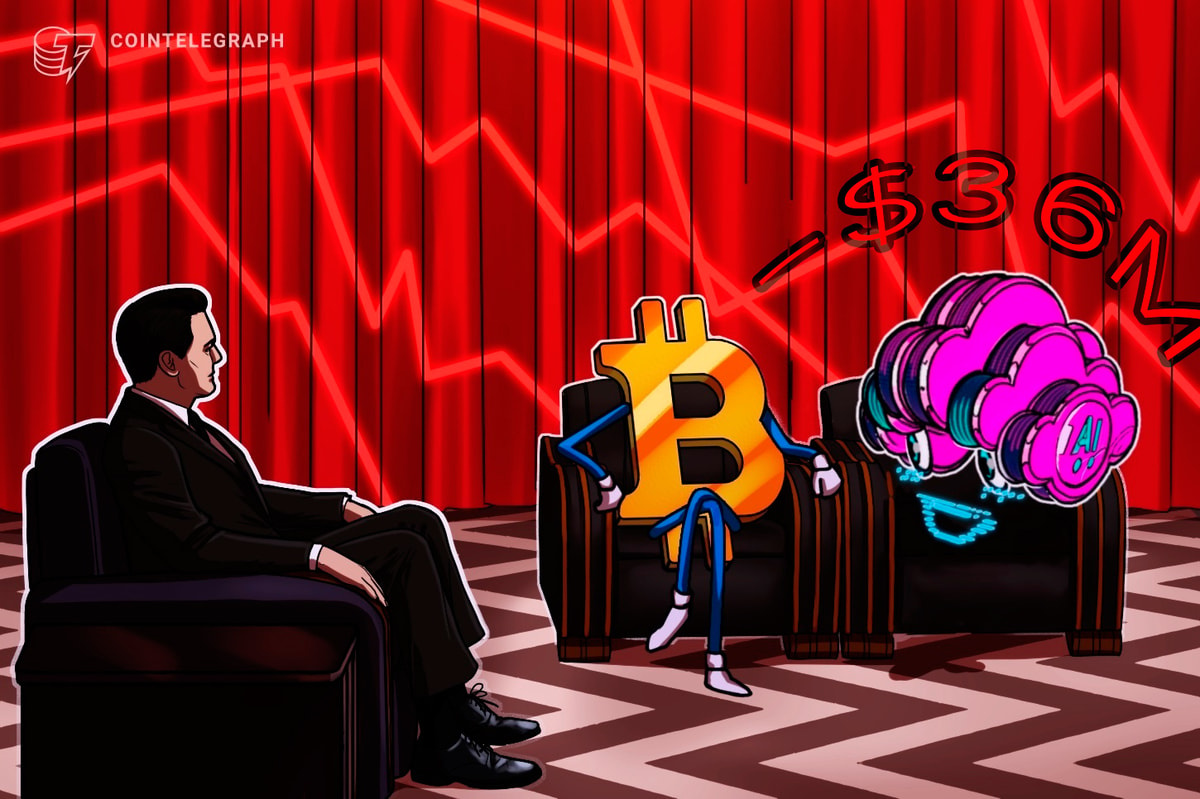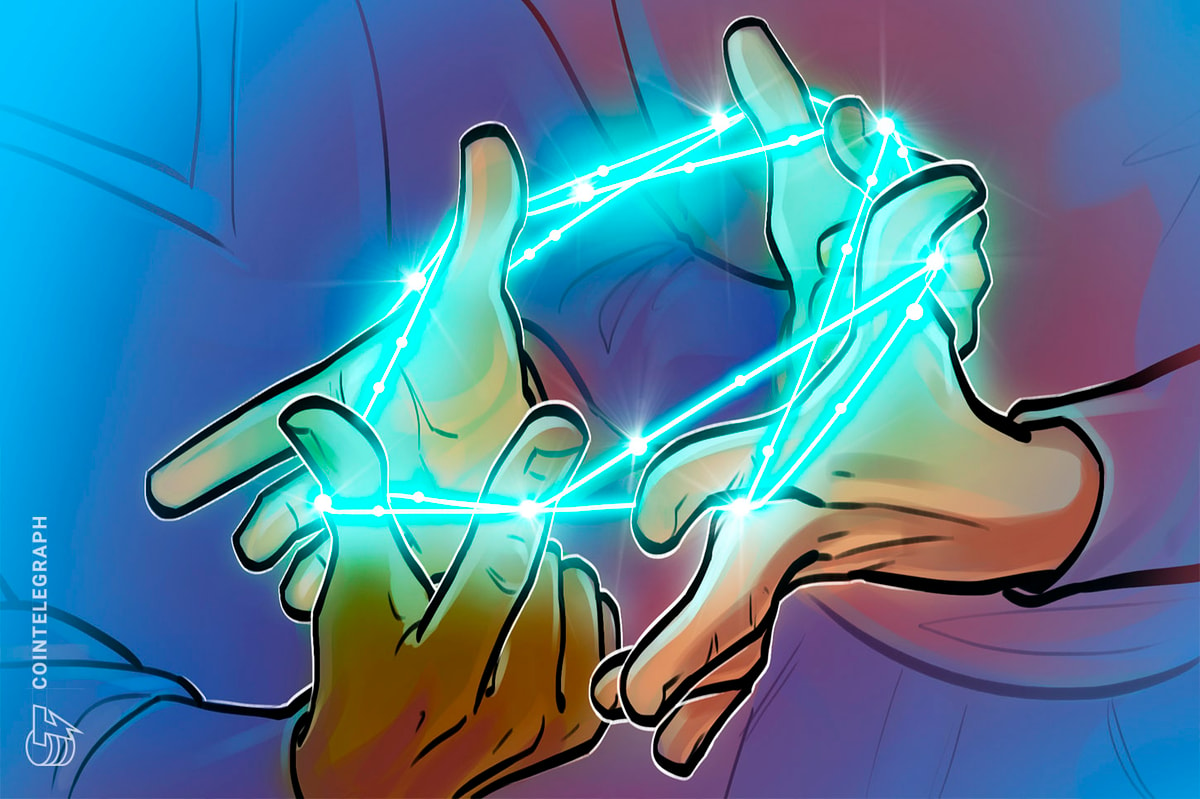“I really hope that whatever the best solution to incentivizing miners is, it will eventually make its way into Bitcoin, because I much rather have Bitcoin succeed than some other alt.”
- Meni Rosenfeld
Building the Israel Community
Building Bitcoin communities is hard work and takes time. No one knows this better than Meni Rosenfeld, whose tireless work in Israel is unparalleled, and who joined Sebastien Couture and Brian Fabian Crain for the latest episode of Epicenter Bitcoin.
Rosenfeld, a trained mathematician, discovered Bitcoin in 2011 and, like many, quickly became obsessed with it. He soon after founded Israel’s first Bitcoin exchange, Bitcoil. While the project ended unsuccessfully when support from banks was cut off, the success of his other activities more than compensated for this. Together with Ron Gross, he founded the Israel Bitcoin Meetup, which has become one of the world’s largest with over 1,500 members. Through the Israeli Bitcoin Association, of which he is the Chairman, he has sought to educate the public and open a dialogue with the government.
Bitcoin Mining
A big part of the conversation focused on Rosenfeld's work on Bitcoin mining. He early on researched mining pool reward system and wrote the definite paper on it. Mining pool reward system determine, what algorithm mining pools use to pay the participating miners for the work done. This is a surprisingly tricky problem, since its crucial to prevent miners from gaining an unfair advantage by switching pools frequently – a process called pool-hopping.
But, Rosenfeld recognizes, “right now we have bigger fish to fry.” The real challenge and problem has become mining pool centralization. His own proposal to combat the problem is surprisingly simple: If miners split their hashing power across multiple pools, decentralization could be avoided without increased variance for miners or a Bitcoin protocol change.
For example, a miner splitting his hashing power across 20 pools controlling 2.5% of the total hashing each would achieve the same performance as if he has mining at a pool with 50% of the hashing power. Though splitting hashing power is unfortunately not a smooth process, which could be why his proposal has yet to gain traction.
Blocksize Economics
The last part of the episode, Gavin Andresen’s recent post on block size economics served as the jumping-off point for a discussion of how miners can be incentivized to secure the network in the long-term. Rosenfeld is skeptical of Andresen’s view that assurance contracts could fulfill that role.
Assurance contracts are ways to fund public goods and in an earlier Epicenter Bitcoin episode, Mike Hearn had also argued that this could be how mining would earn money in the future. But this solution requires people to go against their economic interests and, in Rosenfeld’s view, that is a dangerous thing to rely on when billions of dollars are at stake.
Instead, he feels that transaction fees should depend on how much users value transaction and the best proxy for that might just be the amount transferred. His undoubtedly controversial idea is that transaction fees should be changed to a percentage based amount, say 0.1% of the value of the transaction.
But whatever the optimal path ends up being, he expresses a hope that I’m sure many of us share: That Bitcoin will be flexible enough to adapt and remain the leading cryptocurrency.
About Epicenter Bitcoin
Epicenter Bitcoin is a podcast about the technologies, projects & startups driving decentralization and the global cryptocurrency revolution. Every week hosts Brian Fabian Crain and Sebastien Couture talk to some of the most influential people in the cryptocurrency space about their projects and get their perspectives on recent events. Their guests, who range from entrepreneurs to academics, to industry experts, join the conversation from different locations around the globe, which gives EB a truly international scope.
You can watch live Google Hangouts every week on YouTube and listen to the audio version on SoundCloud and iTunes.
Did you enjoy this article? You may also be interested in reading these ones:











